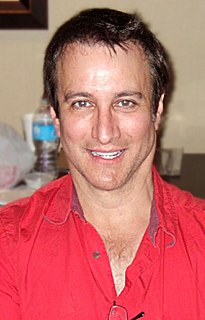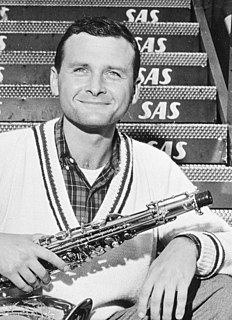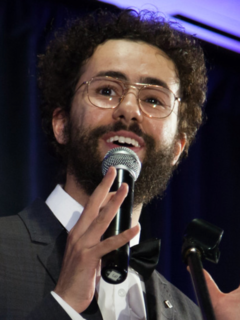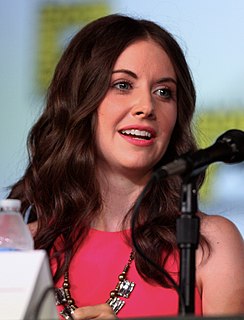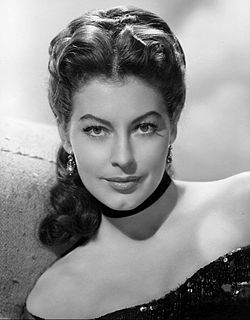A Quote by Bronson Pinchot
I never did love Hollywood, I just loved the work.
Related Quotes
When I got this saxophone, it became a religion. There wasn't TV, there wasn't much money, and there was just a real dedication.... I never thought of it as an art. It was just work that I loved. Not just work, but work that I loved. I loved it so much, I would play it if nobody listened to it. Any jazz musician, if there's nobody around to listen, would play just for the sheer joy of improvising music.
I've never really been a careerist; I've never been able to step back and look at anything in that way. I though this is just what happens. I did take my work very seriously. I loved immersing myself in a character. I loved getting the opportunity to do that. I didn't realize how extraordinary it was, how lucky I was, because I was young.
You swore you loved me, and laughed and warned me that you would not love me forever. I did not hear you. You were speaking in a language I did not understand. Never, never, I can conceive of a love which is able to foresee its own termination. Love is its own eternity. Love is in every moment of its being: all time. It is the only glimpse we are permitted of what eternity is. So I did not hear you. The words were nonsense.
What surprised me about directing is how much I loved it and how happy I am to be on the set. I love coming to work in the morning. What I realized is that I never loved acting. I don't love being in the hair and makeup chair. I don't [love] being in costume. To me the strangest thing is that I've just spent the majority of my life in one aspect of this business, and because I was fortunate enough to become successful I never questioned whether I felt at home and found out later in life that I'm much happier directing.
I did a movie a few years back, 'Medicine for Melancholy.' People will come up to me after a set and say, 'I really love that movie. When are you going to do another one?' Or 'I loved you on 'The Daily Show.' Why did you leave?' It's kind of the same as saying, 'I loved you in high school. You should have never left.'
I don't feel that no big stone should be put over my head, saying he did this, he did that. Unless there's something that I really did do. I believe I'm just ordinary. And I'd like for people to think of me that way, as just a guy that tried. Wanted to be loved by other people because he loved people.
The irony is I did an intimate film in France with no stars and that got me to Hollywood. It got me to the Oscars. If I had tried to imitate the Americans or the Hollywood movies with a commercial recipe, I'd never have gotten to Hollywood. Although, it was not my goal in any way, and I never thought there was any connection between Monsieur Lazhar and the Oscars.
